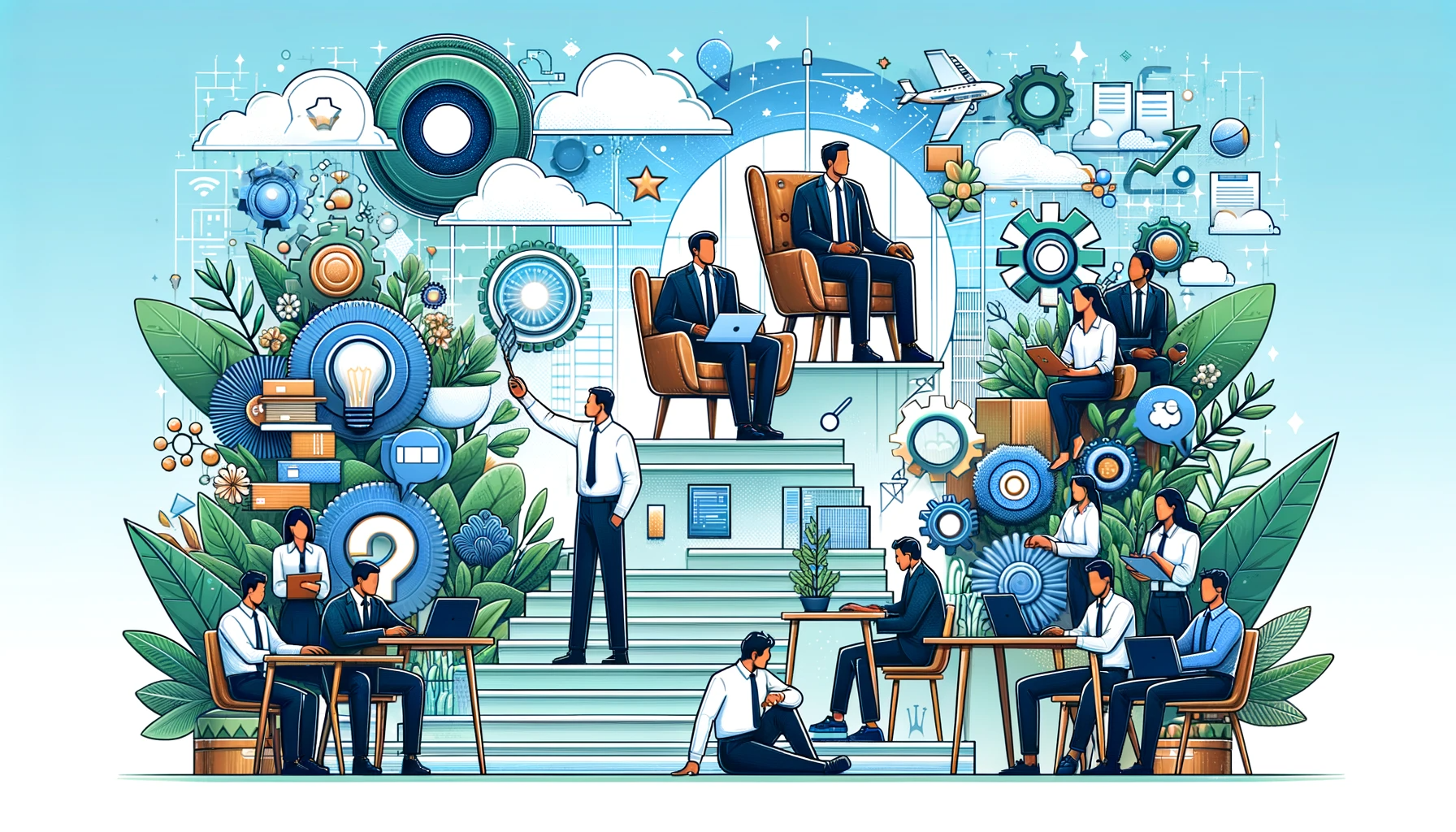I first met Mike McQuaid (of Homebrew fame) many moons ago, when we both attended the same event in London. We had the opportubnity to (briefly) work together at one point and our paths cross regularly ever since. He's an excellent technical leader who is not afraid to be introspective publicaly. This morning he dropped this gem on LinkedIn:
Little harms your professional growth more than being a big fish in a small pond for too long.
This statement encapsulates the critical idea that, as a software engineer, continuous learning is not just a choice but a necessity for sustained professional growth.
So what's wrong with being "the big fish in a small pond", why does it have the potential to stunt your growth? Well, here's a few things that come to mind...
The Comfort of Familiarity
It's human nature to seek comfort and stability, and being the most senior engineer in a small team can provide just that. The familiarity of a well-established routine and the recognition that comes with being the go-to expert within a confined space can be enticing. However, there's a hidden danger in this comfort zone - the risk of stagnation. Stay too long in one place with nobody teaching you and, quite literally, your ability to learn will be heavily limited.
The Paradox of Expertise
While expertise in a particular domain is undoubtedly valuable, there's a paradox at play. The more specialized and experienced you become in a specific context, the narrower your exposure to different perspectives and technologies. Over time, this can lead to a professional myopia, hindering your capacity to adapt to new challenges and emerging trends. Don't get me wrong, there is most definitely a time and a place for engineers with a very deep understanding of "Technology X" - these people should spend there time making that technology. But the vast majority of engineers are building things from technology made by others - so learning how to be flexible and work with a wide variety of technologies is crucial to your ability deliver.
Embracing the Growth Mindset
To overcome the limitations of a stagnant environment, software engineers must adopt a growth mindset. Embracing the philosophy that skills can be developed through dedication and hard work opens up a world of possibilities. Seeking out opportunities to explore new technologies, methodologies, and industry best practices becomes a conscious choice rather than an afterthought. When you are "the big fish" you are spending a lot of effort drawing upon your exeisting experience to teach others. This is great for long-term sustainability for your team, but reduces your own capacity for learning.
Expanding Horizons
The tech industry is a vast and ever-expanding universe, with innovations and breakthroughs occurring at a breathtaking pace. Constant learning isn't just about acquiring new skills; it's about broadening your horizons. Engaging with a diverse range of projects, collaborating with professionals from different backgrounds. As your career grows, you might be tempted to take on larger challenges in larger organisations. Being such a leader will (hopefully) have the feel of being a "mini CEO". Such roles will require you to build relationships beyond engineering: product management, accounting, legal, recruitment, employer branding...
The Power of Networking
Learning doesn't occur in a vacuum; it thrives in the exchange of ideas and experiences. Actively participating in the wider community, both online and offline, allows you to tap into a wealth of collective knowledge. Networking opens doors to mentorship, collaborative projects, and exposure to industry trends that might be overlooked in the confines of a smaller professional circle.
Smaller organisations (rightly) tend to have engineering teams with an unwavering focus on building the product which will delight their users. These are also the organisations for which, as an engineering leader, you are extremely close to the lawyers, accountants etc. Use this opportunity to learn how your work and theirs impact on each other.
Conclusion
Mike's wisdom serves as a reminder that professional growth is intrinsically tied to the pursuit of knowledge and the willingness to step outside the comfort zone. For startups aiming to foster an environment that propels the growth of their most senior engineers, it's imperative to keep the following three key considerations in mind:
-
Encourage a Growth Mindset Culture:
- Foster an organizational ethos that values and encourages continuous learning.
- Instill a growth mindset where challenges are seen as opportunities for development.
- Provide resources and support for senior engineers to explore new technologies and methodologies.
-
Facilitate Diverse Experiences:
- Offer a range of projects that expose senior engineers to different domains and challenges.
- Encourage cross-functional collaboration to broaden their perspectives.
- Provide opportunities for mentorship and knowledge exchange within and outside the organization.
-
Cultivate a Robust Networking Ecosystem:
- Facilitate participation in industry events, conferences, and meetups.
- Foster connections with professionals from diverse backgrounds and industries.
- Create a platform for senior engineers to share insights and experiences, both internally and externally.
By embracing these principles, startups can not only retain their most senior engineers but also empower them to thrive in an ever-changing landscape. The path to sustainable growth lies in acknowledging that the journey of continuous learning is not just an individual pursuit but a collective commitment that propels both professionals and the organizations they contribute to into new dimensions of success.



